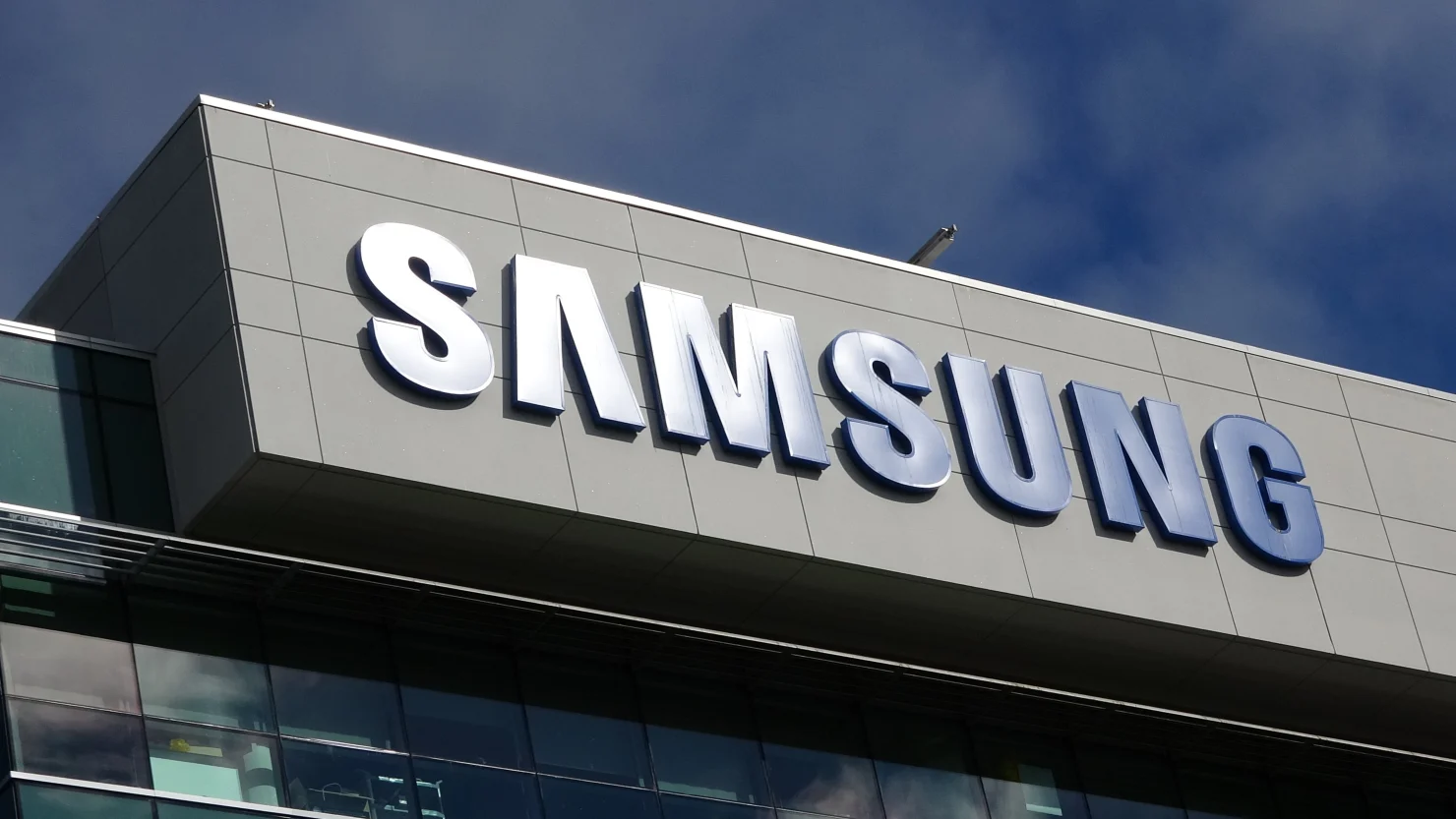Samsung Electronics reported a second-quarter operating profit of 4.7 trillion Korean won ($3.38 billion), falling short of analyst expectations due to a dramatic 93.8% profit decline in its chip business. Although revenue slightly rose to 74.6 trillion won ($53.5 billion), beating forecasts, operating profit missed the anticipated 5.33 trillion won, causing shares to dip by up to 1.65%.
The Device Solutions division, which includes memory chips, semiconductor design, and foundry units, recorded an operating profit of just 400 billion won compared to 6.45 trillion won in the same period last year. Chip revenue also slipped from 28.56 trillion won to 27.9 trillion won. Samsung attributed the profit slump to inventory adjustments in memory and one-off costs linked to export restrictions affecting non-memory products, particularly involving China.
Despite these challenges, Samsung’s CFO Soon-cheol Park expressed cautious optimism, citing a potential industry rebound supported by growing momentum in AI and robotics. The company anticipates improving performance in the second half of the year, buoyed by mass production of next-generation 2-nanometer mobile chips in its foundry business.
A recent $16.5 billion contract to supply AI chips to Tesla is expected to bolster Samsung’s foundry division, though higher production costs at its Texas facility pose risks. Analysts note that Samsung’s foundry operations remain at a critical point between survival and profitability amid stiff competition from Taiwan Semiconductor Manufacturing Company.
In memory chips, Samsung faces mounting pressure from SK Hynix, which recently caught up in revenue share, especially in high bandwidth memory (HBM) used for AI computing. Samsung is working to certify new HBM chips with Nvidia but is expected to trail SK Hynix throughout the year.
Meanwhile, Samsung’s mobile business showed strength, posting a 3.1 trillion won operating profit—up from 2.23 trillion won a year earlier—and revenue of 29.2 trillion won, boosted by strong sales of the Galaxy S25 and Galaxy A series smartphones and tablets. The company plans to emphasize foldables and AI-enhanced features to maintain market share.
Despite overall expected contraction in smartphone demand due to tariffs and inflation, Samsung anticipates modest growth in the premium segment driven by consumer shifts toward higher-end devices, particularly in emerging markets.
READ MORE:
